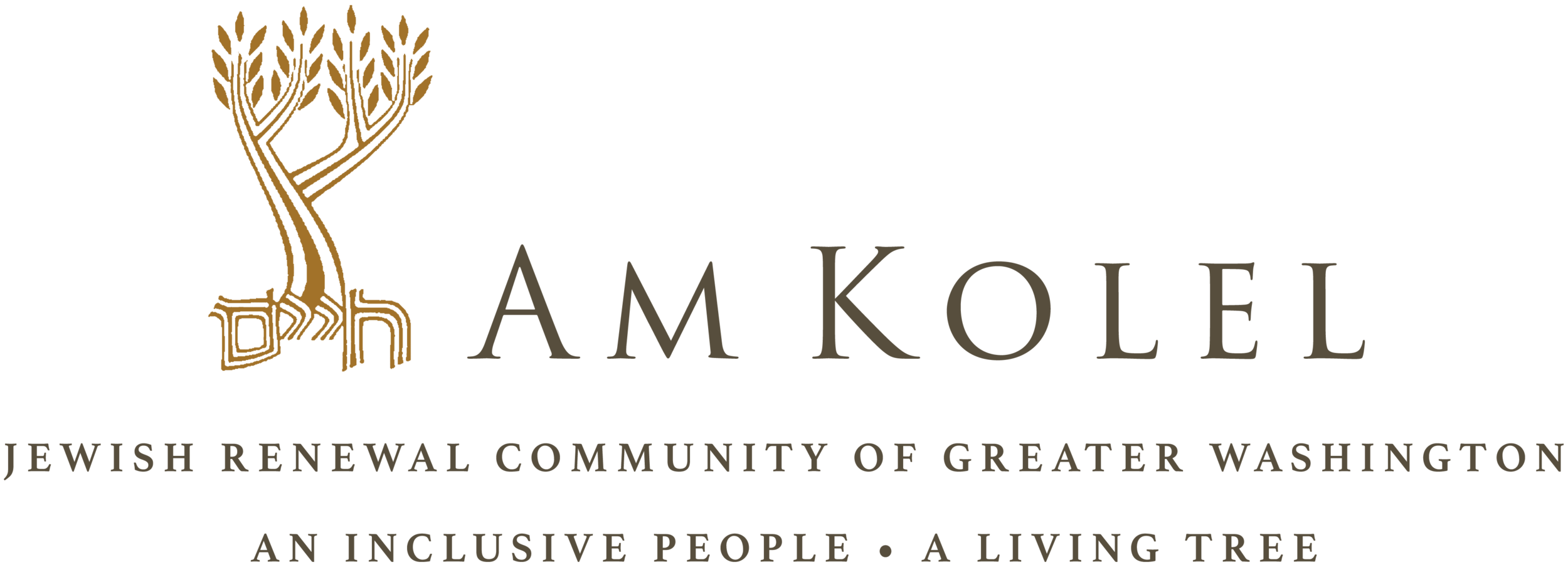This Shabbat is known as the Shabbat Zachor, the Sabbath of Remembrance.
This Shabbat is known as the Shabbat Zachor, the Sabbath of Remembrance. Since it is the Sabbath preceding Purim, the special Haftarah, a reading from the Prophets, recalls how Samuel instructs Saul to “strike down Amalek, and utterly destroy all that they have, killing every man, women and child, ox and sheep, camel and ass.”
Amalek, as you may recall, was the vicious and merciless enemy that attacked Israelite children, the elderly and the infirm, on their journey in the Sinai after liberation from slavery. In rabbinic lore, Amalek was a direct descendent of Esau, brother of Jacob. In Islamic lore, the Amalekites existed before Abraham. Other scholars suggest there was never such a people.
In certain Hassidic teachings it’s revealed that Amalek is another name for those adversarial and evil forces that pervade our world, and our communities, and, even, ourselves. Samuel’s attempts to completely eradicate this force failed. Agag, their king, survives. Rather than kill him, Saul places him in prison to execute him publicly. While in jail Agag rapes the attendant who brings him water. He is executed, she gives birth nine months later and, we learn, that descendent is Haman, the Agagite!
What are we to make of this? While we yearn that evil, oppression and injustice be eradicated from our earth, we know that performing acts of genocide on our enemies is an abomination. We are indeed challenged to find other paths to reconciling differences and crimes against humanity.
The story of Purim, for many, is terribly disturbing. Haman, with Amalekite consciousness sets out to destroy the Jewish people. But then, after the Jews ascend to power, they want to and proceed to destroy all of Haman’s followers. Thank God, this never happened. This is a story of a fantasy created by a Jewish writer and leader, some say a Mordechai who served in the Great Assembly after returning from Babylonian exile.
For decades I have not read those chapters in the Megillah about this reverse genocide. What message are we trying to convey about our people, our values and to future generations?
I love Purim because it gives us permission to lighten up, to kibbitz, to dress in costumes, in clothing transcending gender, to be irreverent, to celebrate an intermarriage, to even get intoxicated. However, most importantly it is about providing for those in need, Matanot laEvyonim, and giving/sending sweet portions to our neighbors, shaloch moness. The story teaches us to get to know our neighbors.
In Israel and Palestine today, we find the forces of Amalek hurting both peoples, the children of Isaac and the children of Ishmael. We need to get to know our neighbors. We must support those groups and organizations that are striving to do that.
Your thoughts are most welcome.
LiZkor, v’Rak Lismoach Yesh,
Remember, and let there be happiness, (Reb Nachman)
Reb David
